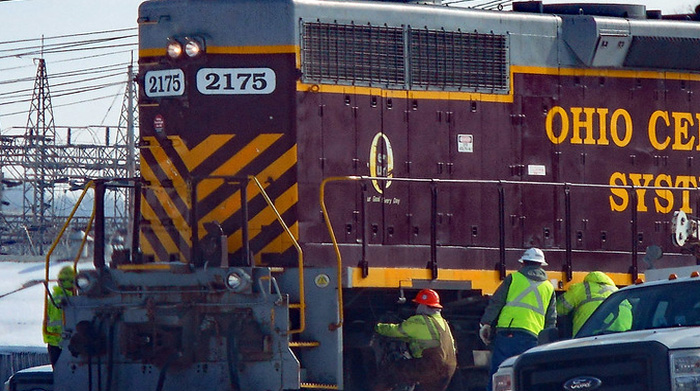Ohio Train Derailment Offers Lessons Learned for Response and Recovery

Image courtesy of James St. John under Attribution 2.0 Generic License, resized to 700 x 391 pixels.
The response to the recent Ohio train derailment offers several lessons that utility emergency planners can learn from. Simply put, any good response effort must be built on the 4 pillars of communication, coordination, leadership and trust. If just one of these factors is missing, the effectiveness of the recovery will be compromised. And that is exactly what happened with the Ohio train derailment.
What Went Wrong During the Ohio Train Derailment Response Effort?
First off, the disaster, which occurred 2/3/23 near the Ohio/Pennsylvania border, required an evacuation effort due to the release of toxic chemicals like vinyl chloride.
Even though the evacuation was mandatory within a 1-mile radius, many people did not bother to comply. In fact, up to 500 residents remained in place, and the lack of compliance with the evacuation order was not identified until 3 days later. Once this issue was revealed, local law enforcement took the aggressive approach of threatening to arrest anyone not complying. This hardline approach was totally unreasonable, and ineffective as it relates to influencing human behavior during disasters.
A better approach would have been to identify the reason people chose not to evacuate. Reasons might include not receiving or not understanding the evacuation notice, a physical limitation like a disability, or a lack of a vehicle or place to go. In short, there were likely many legitimate reasons for not complying, but local officials chose not to try and understand the potential reasons.
Even more damming is that many people posted their reasons and rationale on local Facebook pages, but officials were not monitoring their pages! Not only did this lack of attention annoy people, it also allowed the spread of misinformation, and represented a missed opportunity to answer questions from the public.
Overall, communication was slow, sparse and inconsistent even days after the Ohio train derailment. The lack of communication prevented the response from being efficiently coordinated, eroded trust, and demonstrated weak leadership. Utilities would be wise to learn from this debacle and make sure that their own response efforts are better.



